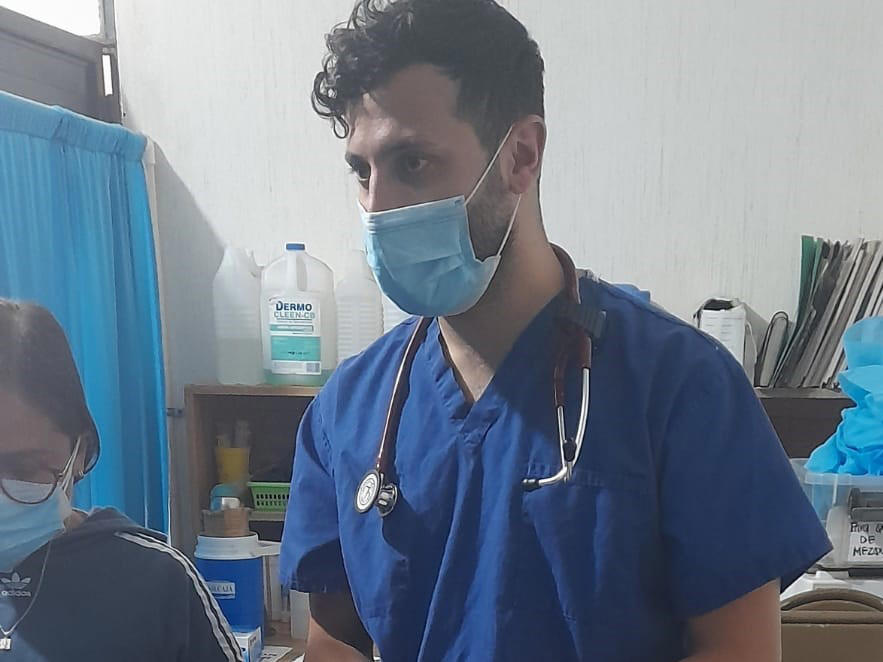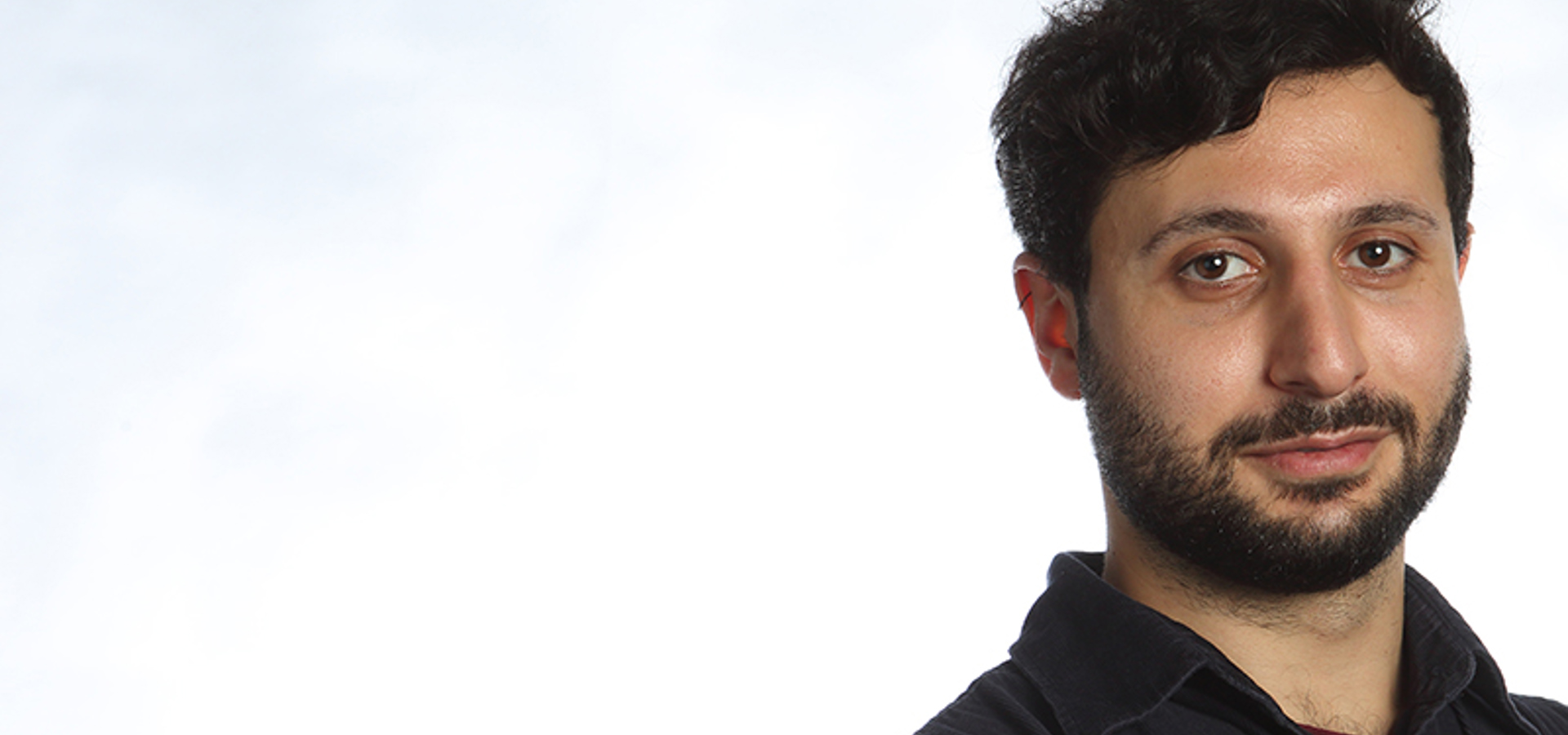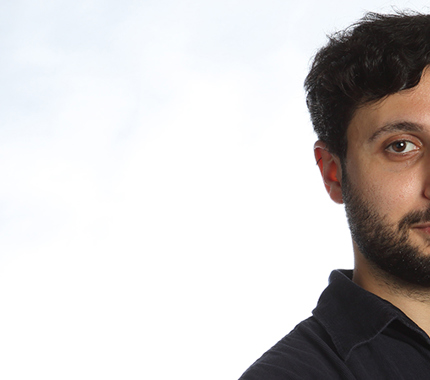‘It’s not like junior doctors want to strike,’ says Daniel Zahedi, a foundation year 1 doctor working at Addenbrookes Hospital in Cambridge. But he and thousands of other juniors feel they have been given no alternative.
‘We don’t want to strike, we don’t want to lose our pay,’ he adds. ‘We love our jobs [and] we’ve invested so much time and effort into getting to where we are now.’
Dr Zahedi says the Government continues to ‘exploit our goodwill’, and this – coupled with pay erosion of 26 per cent since 2008 – has led to the BMA’s ballot for industrial action opening on 9 January.
‘They continue to want us to stay after work because a patient needs us and there’s no cover coming,’ he explains. ‘We’re doing the work of almost two doctors, more than we were before 2008 – and getting paid a quarter less.
‘I have a friend, another FY1, who has £3,000 debt on one credit card, £1,000 on another, owes her parents £2,000 and a friend £1,000. On top of that they have £100,000 of student debt. Factor that all in, plus tax, plus National Insurance, plus pension, and she has very little take home pay when she’s earning just £14 per hour.’
Weekend work
 Dr Zahedi at work
Dr Zahedi at work
While the fight for pay restoration forms a significant part of the ballot for industrial action, Dr Zahedi says many more issues are fuelling feelings of discontent among junior doctors.
‘It feels sometimes that you’re giving your whole life to this career, and you’re not getting any appreciation back,’ he says. ‘Having a rota where you’re working one in every three weekends, you miss out on a lot of important life events.’
And that is exacerbated ‘especially [by] the fact you’re often rotating across the country, sometimes based on a single exam score or the highly subjective situational judgement test. You’re under increasing competition and can be sent anywhere across the country, as a number, just to do your job. It means you don’t really see your family and friends very often’.
The term ‘junior doctor’ is one that can Dr Zahedi says can misrepresent the day-to-day realities for a lot of colleagues.
‘We’re supposed to be trainees,’ he explains. ‘People assume junior doctors are being paid to learn and progress, and to become consultants [and GPs] but in reality we’re just doing service provision. We’re doing discharge summaries, managing medications, basically just doing tasks in the ward and not actually furthering our own medical knowledge or how to manage certain patients.’
Profession-wide
Dr Zahedi says the Government’s refusal to acknowledge or engage with the dispute over inadequate pay was not simply confined to doctors in training, and expresses solidarity with other healthcare professionals such as nurses, who he believes are being similarly undervalued and ignored.
‘It’s disheartening hearing anecdotes of nursing colleagues saying they can get paid better as a delivery driver for Amazon or on the check-out counter at Aldi and questioning whether they should continue being a nurse,’ he says.
‘Why should we carry on giving our lives and giving our health away for such little appreciation?’



